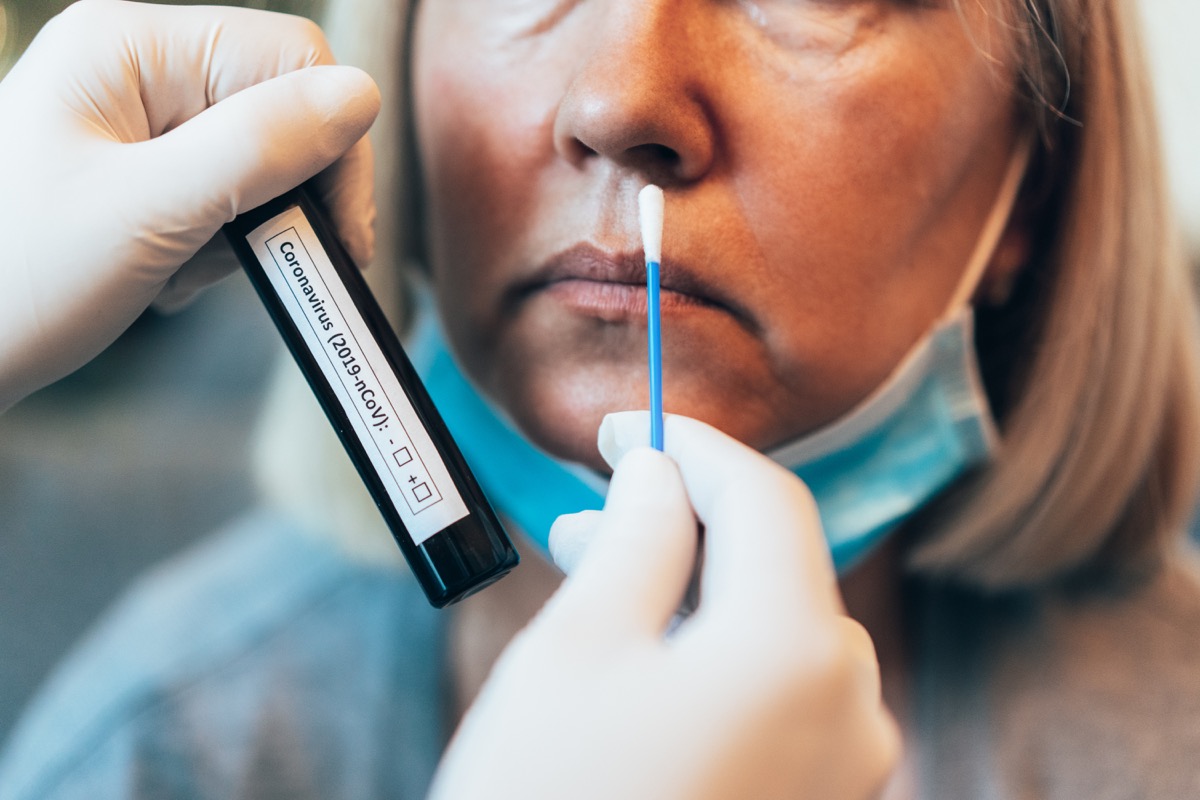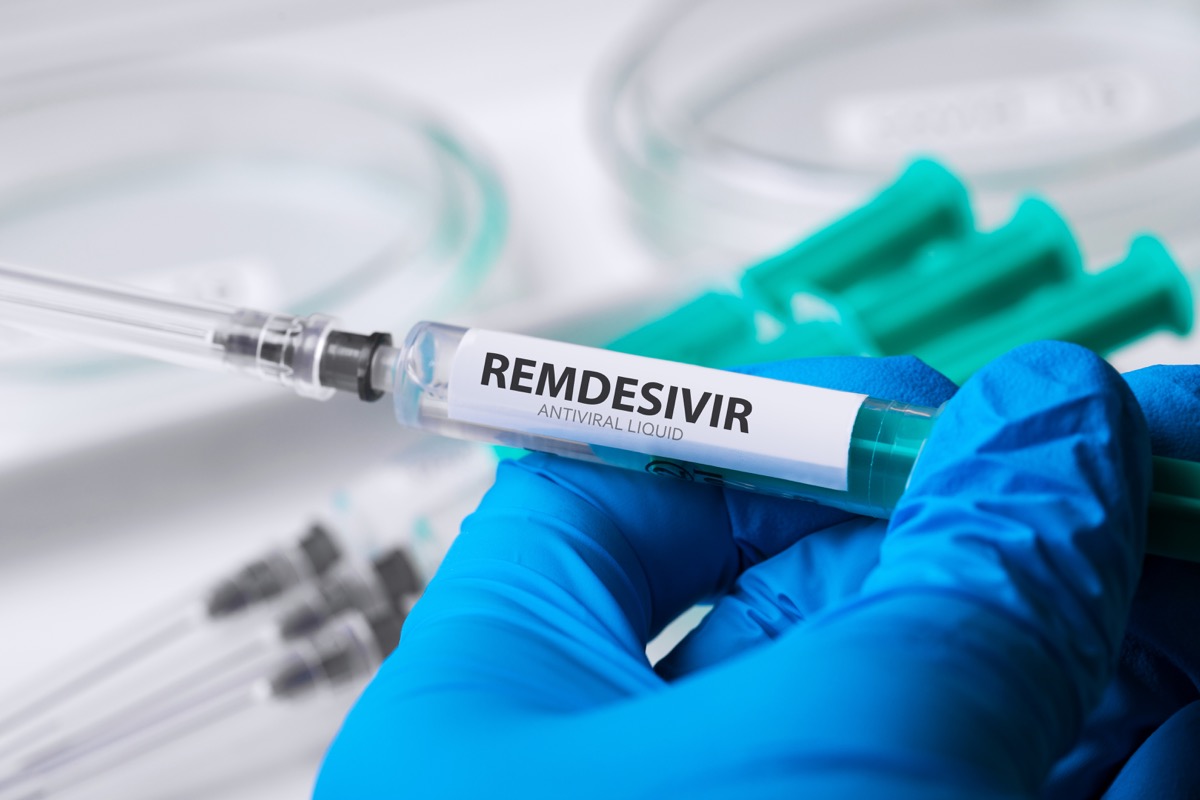According to recent research, possibly yes. A survey of COVID-19 patients at Kantonsspital Aarau in Aarau, Switzerland that was published in the Otolaryngology-Head and Neck Surgery journal on May 5 shows a correlation between the severity of a patient’s loss of smell to the severity of their other COVID-19 symptoms. (Those other symptoms can include shortness of breath, fever, and cough.) The study’s principal investigator Ahmad Sedaghat, MD, associate professor and researcher for the University of Cincinnati’s College of Medicine, said in a statement that 61 percent of COVID-19 patients surveyed reported “reduced or lost sense of smell.” Comparing this to their other reported symptoms, researchers were able to draw some possible conclusions.ae0fcc31ae342fd3a1346ebb1f342fcb “If the anosmia, also known as loss of smell, is worse, the patients reported worse shortness of breath and more severe fever and cough,” Sedaghat also said. Loss of smell may also help doctors determine how long a patient has been infected with the virus, which is useful information for determining treatment. “If someone has a decreased sense of smell with COVID-19, we know they are within the first week of the disease course and there is still another week or two to expect,” Sedaghat added. Per the researcher, early detection may improve the likelihood that the experimental antiviral drug remdesivir, which was originally developed by Gilead Sciences to treat Ebola, would be an effective treatment for any particular COVID-19 case. According to Katherine Seley-Radtke, professor of chemistry and biochemistry at the University of Maryland, Baltimore County, remdesvir works by “blocking the coronavirus’s RNA polymerase,” which is one of the key enzymes it needs to “replicate its genetic material” and multiply within our bodies. “Antiviral medications have historically worked best when given early during a viral infection. The same is hypothesized to be true for remdesivir,” Sedaghat explained in the statement. “Once remdesivir becomes more widely available, decreased sense of smell may therefore identify patients who would be excellent candidates for the medication.” This is all promising, but Sedaghat noted that loss of smell is not a sole nor definitive coronavirus symptom. Some patients don’t experience a loss of smell at all. Either way, loss of smell alone is not harmful. “When you start to experience serious symptoms of COVID-19, which include shortness of breath and respiratory distress, that’s when you should become alarmed,” he said. And to know if you’re more susceptible to COVID-19 than others, check out The Blood Type That Makes You More at Risk for Coronavirus.

